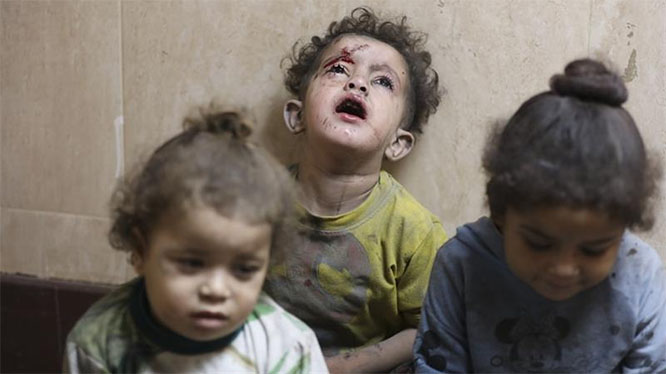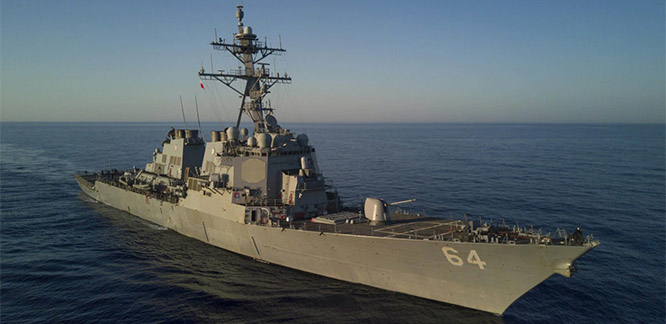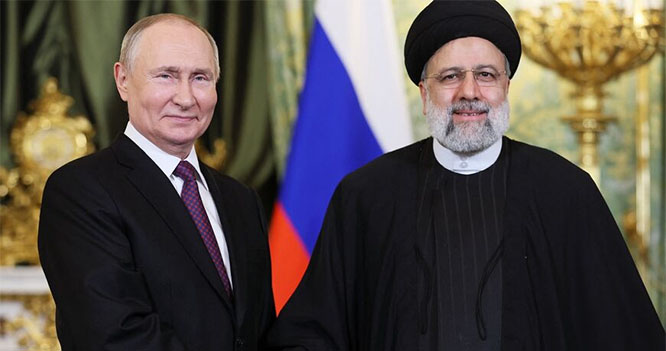Israel's relentless aggression against the Gaza Strip has now stretched over six months, and shows no sign of abating despite international calls for a ceasefire.
Israel launched the war on Gaza on October 7 after the Palestinian resistance movement Hamas waged the surprise Operation Al-Aqsa Storm against the occupying entity in response to the Israeli regime's decades-long campaign of violence against Palestinians.
At that time, the Israeli regime said attacking Gaza had two goals: eliminating Hamas and bringing back the hostages taken by the resistance group to Gaza. None of them have been achieved so far.
About 130 of the 250 Israeli captives taken during Operation Al-Aqsa Storm are still in Gaza after a provisional truce deal in December saw the exchange of a number of prisoners between the two sides.
Death toll
The conflict in Gaza has taken a devastating toll on Palestinians, with over 33,200 people, including 13,800 children, having lost their lives in 180 days of war, according to the Gaza Ministry of Health.
On top of that, around 76,000 people have been wounded – about four out of every 100 people in Gaza. The Palestine Red Crescent Society said this week some 1,000 children in Gaza have lost one or both of their legs.
A record-breaking 176 UN staff members and seven foreign aid workers have been killed in Gaza since October 7.
The Israeli army has killed the largest number of journalists of any modern conflict and detained more than 24. More than 140 journalists have been killed during the six months of war in the Israeli military's raids, bombardments and missile attacks across the Gaza Strip.
The humanitarian situation in Gaza has worsened day by day as the Israeli army continues to prevent aid from reaching the region, resulting in starvation being utilized as a tactic of warfare as over a million are at risk of starvation, with international groups warning of an “imminent” famine.
At least 27 Palestinians have already died from malnutrition and dehydration, according to international NGOs.
Displacement
More than 80 percent of Gaza’s population (Over 1.9 million Palestinians) have been intentionally displaced as the Israeli military ordered Palestinians to “go south” from the start of the war.
Some 1.4 million people are believed to be sheltering in Rafah, a small city on Gaza’s southern border with Egypt which is being bombarded by the Israeli forces every day as they have left no safe zone for the Palestinians to live.
Infrastructure damage
The estimated $18.5 billion in damage has affected public service infrastructure, resulting in 26 million tons of debris and rubble.
Over 290,000 housing units, equivalent to 62 percent of all homes in Gaza, have been damaged or destroyed by the war, leaving more than a million people homeless.
Only a fraction of hospitals, 10 out of 36, are operational following severe damage, leading to overwhelming strain on their limited resources.
Al-Shifa Hospital, the largest medical facility in Gaza, has been left severely damaged and burned after enduring a relentless two-week-long siege. The compound, which witnessed the loss of at least 400 lives and the arrest of hundreds, now faces a dire situation.
With an acute shortage of medicine and healthcare professionals on the brink of exhaustion and starvation, the majority of patients in Gaza are unable to receive the treatment they desperately need.
The scarcity of resources has forced medical teams to carry out operations and amputations without the availability of anesthetic, further exacerbating the already dire circumstances.
Political resolutions
On March 6, South Africa filed an “urgent request” with the International Court of Justice (ICJ) and requested for additional provisional measures issued on January 26.
In January, the ICJ ordered Israel to refrain from any acts that could fall under the Genocide Convention and ensure its troops commit no genocidal acts against Palestinians in Gaza. Israel described the genocide allegation as baseless.
On Friday, the United Nations Human Rights Council adopted a resolution, calling for a halt to all arms sales to Israel, and for the regime to be held accountable for possible war crimes in the Gaza Strip.
Moreover, the UN Security Council adopted a resolution last month, demanding an “immediate ceasefire” for the Muslim holy month of Ramadan. The resolution is the first to be approved by the council after three previous attempts during the past five months of war were vetoed by the US.
Meanwhile, during the months of war, protests around the world have been held in support of Palestine, calling for an immediate ceasefire and halt to arms sales to Israel.








Comments
Add new comment